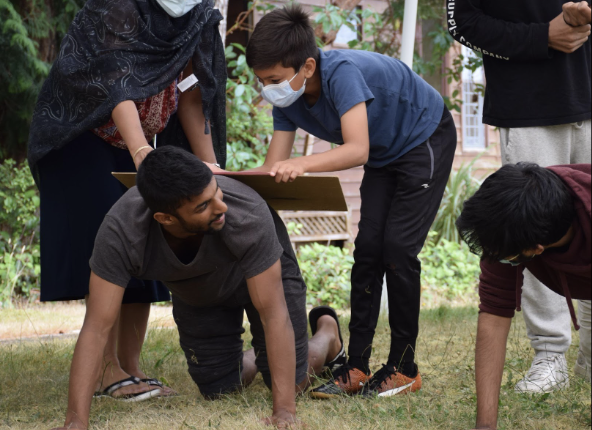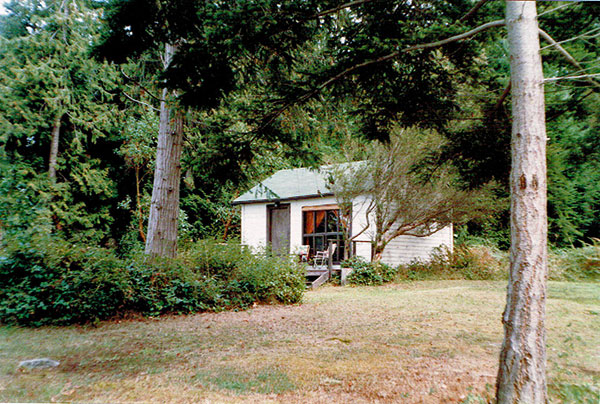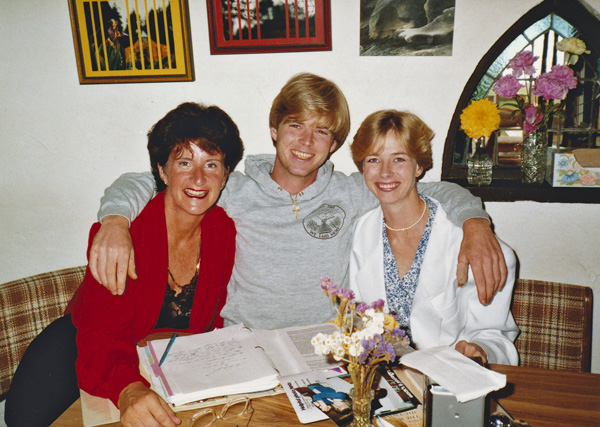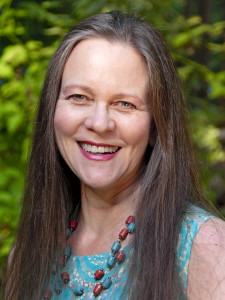The Magic of Mixed Ages in Youth Programs
Guest blog by Denise Goldbeck, MA, PhD, DipC, RCC
My name is Denise Goldbeck and I am the creator of unique educational programs for children, youth and families; Kids in the Spotlight, LAUNCH: Youth Leadership and Families in the Spotlight. These programs feature mixed age groups and I love to work with the full spectrum of ages – babies to grandparents. I offer these programs at The Haven on Gabriola Island. Register for KITS March Break, March 19-24th (save over $300) here.
Why is it important to have all ages work together?
I have a team of young people and together we take large groups of mixed age people and direct and support them to put on their own version of a musical theatre production – a one hour long show and we get that up on stage in 5 days. Sounds impossible? I have had many people disbelieve me – but I assure you we do it every time. We begin by playing games – games that have improvisational goals – games that bring into being what we call play bubbles around each of us. We learn each other’s play signals. We learn to be friendly. By virtue of being in mixed age groups, competition needs are naturally a bit more relaxed. This makes more room for the intense collaboration that is needed to complete our demanding task of mounting our show.
We sing, dance, learn lines, don costumes and characters, entrances and exits, lighting, sound, bits of business it all happens. The team of leaders treat everyone with mutual respect and a group bond lifts everyone up to meet the challenge of show day. After the show and after the after party, the 5th day we take time to debrief, reflect and share feelings about the intense collaboration that was required to mount our show for the audience.
I have been doing this for 40 years.
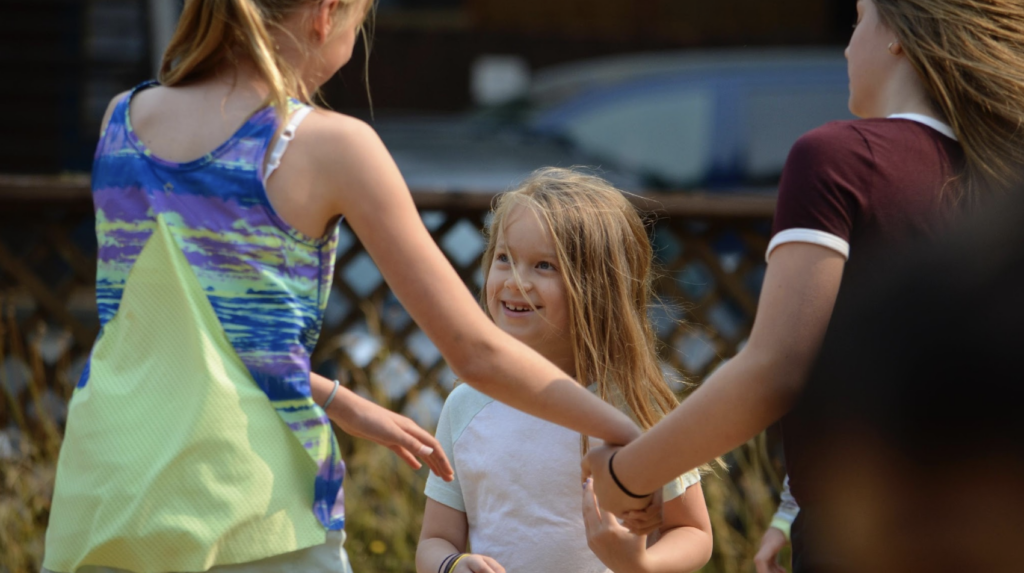
What is the secret sauce that enables this amazing collaboration?
Traditionally and somewhat technically – it is called scaffolding. Scaffolding is the cladding that is put up around a building to support it when it is undergoing structural change. Once the structural change has been affected, the scaffolding is no longer needed and is removed.
The concept of scaffolding comes from Lev Vygotsky – a genius who proposed the idea that everyone has a psychological zone around them – in that zone exists the next things that person is able to learn. He called this the zone of proximal development – proximal meaning next – the zone that holds the next thing you are ready to learn – the ZPD.
As you can imagine the next things that will be in your ZPD will relate to things you already know. Imagine you are a young child in the program – you may know that dancing means moving your body to music. This makes you ready to learn to move your body to music synchronously with others – so that everyone is doing the same moves at the same time.
Traditionally scaffolding involves the expert and the naïve beginner. The expert – who is doing the scaffolding – the person who has the experience and is trying to impart it to another person by entering their zone of proximal development and the beginner who is learning something new and is the owner and creator of the zone of proximal development.
For many years this is how people thought about scaffolding – a teaching skill where an expert teacher enters the zone of proximal development and helps them to acquire new knowledge.
In our experience we have improved on this expert – beginner model of scaffolding. Our innovative idea is that an expert is not the best person to scaffold a beginner. We have found that the best person to work with the beginning student is a person who most recently learned the skill. Once we become experts at things, we forget all the little steps that we needed to take to get to the place of expertise. This is called habituation.
To illustrate – when we create a piece of the show, a young child along with a slightly older child are charged with making a small picture of the scene so that we can remember it and so that everyone can follow the show even if they can’t read. Now as the expert, I am not as good at helping the young child to draw the picture so that it satisfies the next thing they are ready to learn.
What we have found is that the best person to pass on an important piece of knowledge in our groups to a younger child, is a slightly older child who has most recently learned the skill. The experts at the top of the knowledge hierarchy are not as good at sharing the benefit of their experience than those closer in age and skill level.
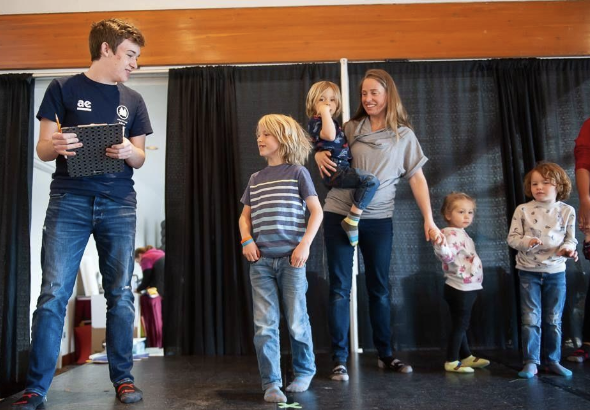
Why is this important?
What we have found is that in our school systems children are segregated into peer groups such that they don’t have enough experience with other ages. This means that children don’t have enough experience being scaffolded by those who appreciate their zone of proximal development and that they don’t have enough experience scaffolding others.
The benefit of being scaffolded by someone who understands your zone of proximal development is that you feel seen, often you feel more confident and you may even receive empathy.
The benefit of being the person who successfully scaffolds another is that you feel competent, compassionate and helpful. You feel like a person who is contributing to the culture. We think that scaffolding is one of the most important social skills our participants gain. Through scaffolding they learn perspective-taking. Since they are scaffolding those who are only slightly younger or slightly less experienced – the perspective-taking learning is within their own zones of proximal development. When we learn perspective-taking we learn how to pass on the benefit of our experience with kindness, curiosity and empathy. This often leads to fun interactions punctuated with laughter and connection.
Participants from past KITS programs, who learned these skills as youngsters, have grown up and become parents and report to me that this approach has helped them be happier parents.
We see it as a vital human skill that emerges with facilitation in mixed age groups – we encourage young people to spend time in mixed age groups and experience the many benefits.
Register for KITS March Break, March 19-24th (save over $300) here.

